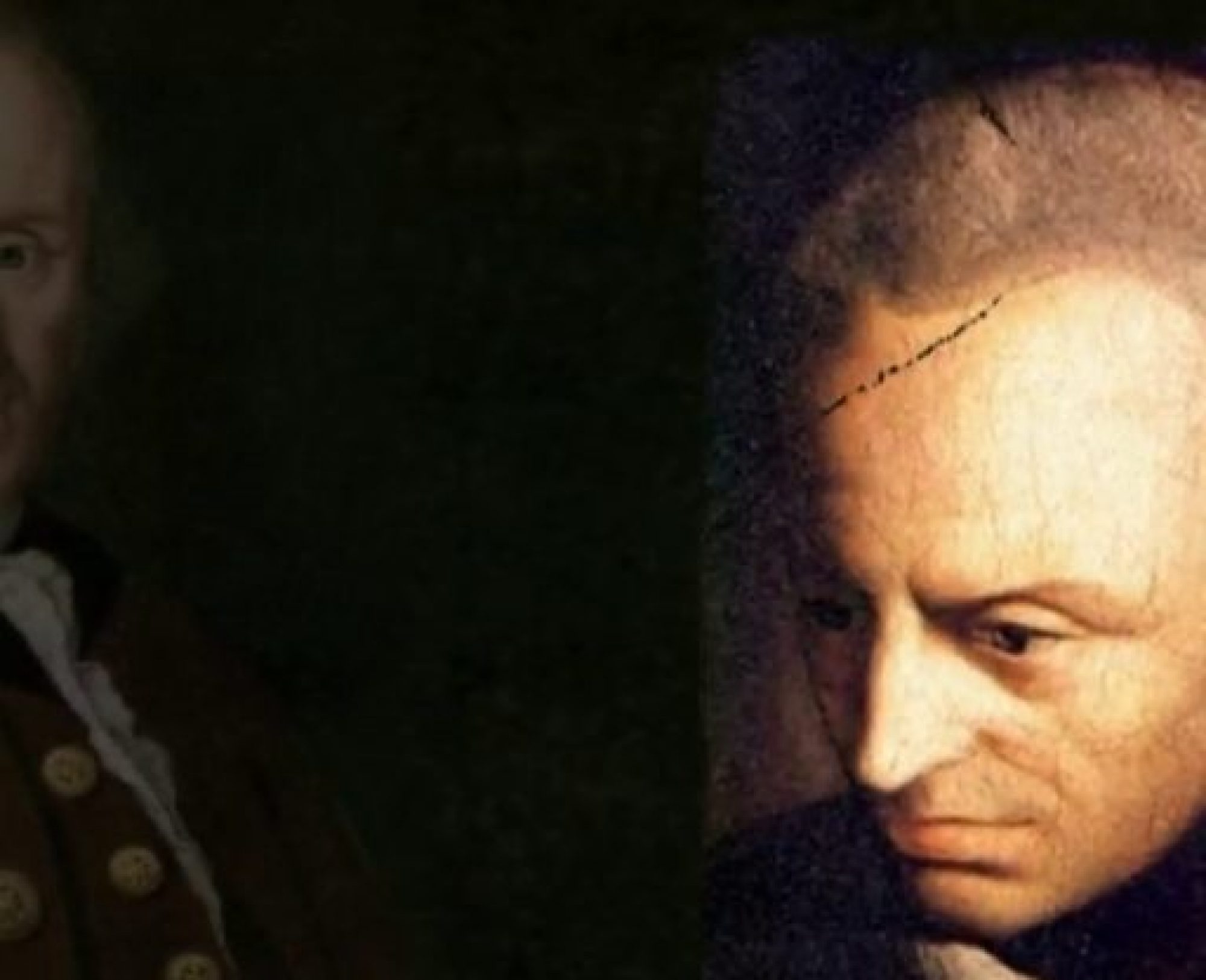Channel: Philosophical Mindz
Duration: 10:19
Description: Immanuel Kant (22 April 1724 — 12 February 1804) was a German philosopher from Königsberg in Prussia (today Kaliningrad, Russia) who researched, lectured and wrote on philosophy and anthropology during the Enlightenment at the end of the 18th century.
Kant’s major work, the Critique of Pure Reason (Kritik der reinen Vernunft, 1781), aimed to unite reason with experience to move beyond what he took to be failures of traditional philosophy and metaphysics. He hoped to end an age of speculation where objects outside experience were used to support what he saw as futile theories, while opposing the skepticism of thinkers such as Hume.
He stated: It always remains a scandal of philosophy and universal human reason that the existence of things outside us … should have to be assumed merely on faith, and that if it occurs to anyone to doubt it, we should be unable to answer him with a satisfactory proof.
Kant proposed a “Copernican Revolution-in-reverse”, saying that: Up to now it has been assumed that all our cognition must conform to the objects; but … let us once try whether we do not get farther with the problems of metaphysics by assuming that the objects must conform to our cognition.
In simple terms, Kant pointed out that we all shape our experience of things through the filter of our mind. The mind shapes that experience, and among other things, Kant believed the concepts of space and time were programmed into the human brain, as was the notion of cause and effect. We never have direct experience of things, the noumenal world, and what we do experience is the phenomenal world as conveyed by our senses. These observations summarize Kant’s views upon the subject–object problem.
Kant published other important works on ethics, religion, law, aesthetics, astronomy, and history. These included the Critique of Practical Reason (Kritik der praktischen Vernunft, 1788), the Metaphysics of Morals (Die Metaphysik der Sitten, 1797), which dealt with ethics, and the Critique of Judgment (Kritik der Urteilskraft, 1790), which looks at aesthetics and teleology. He aimed to resolve disputes between empirical and rationalist approaches. The former asserted that all knowledge comes through experience; the latter maintained that reason and innate ideas were prior. Kant argued that experience is purely subjective without first being processed by pure reason. He also said that using reason without applying it to experience only leads to theoretical illusions. The free and proper exercise of reason by the individual was a theme both of the Enlightenment, and of Kant’s approaches to the various problems of philosophy.
His ideas influenced many thinkers in Germany during his lifetime. He settled and moved philosophy beyond the debate between the rationalists and empiricists. The philosophers Fichte, Schelling, Hegel and Schopenhauer amended and developed the Kantian system, thus bringing about various forms of German idealism. He is seen as a major figure in the history and development of philosophy. German and European thinking progressed after his time, and his influence still inspires philosophical work today.
Published: April 4, 2014 10:59 am
